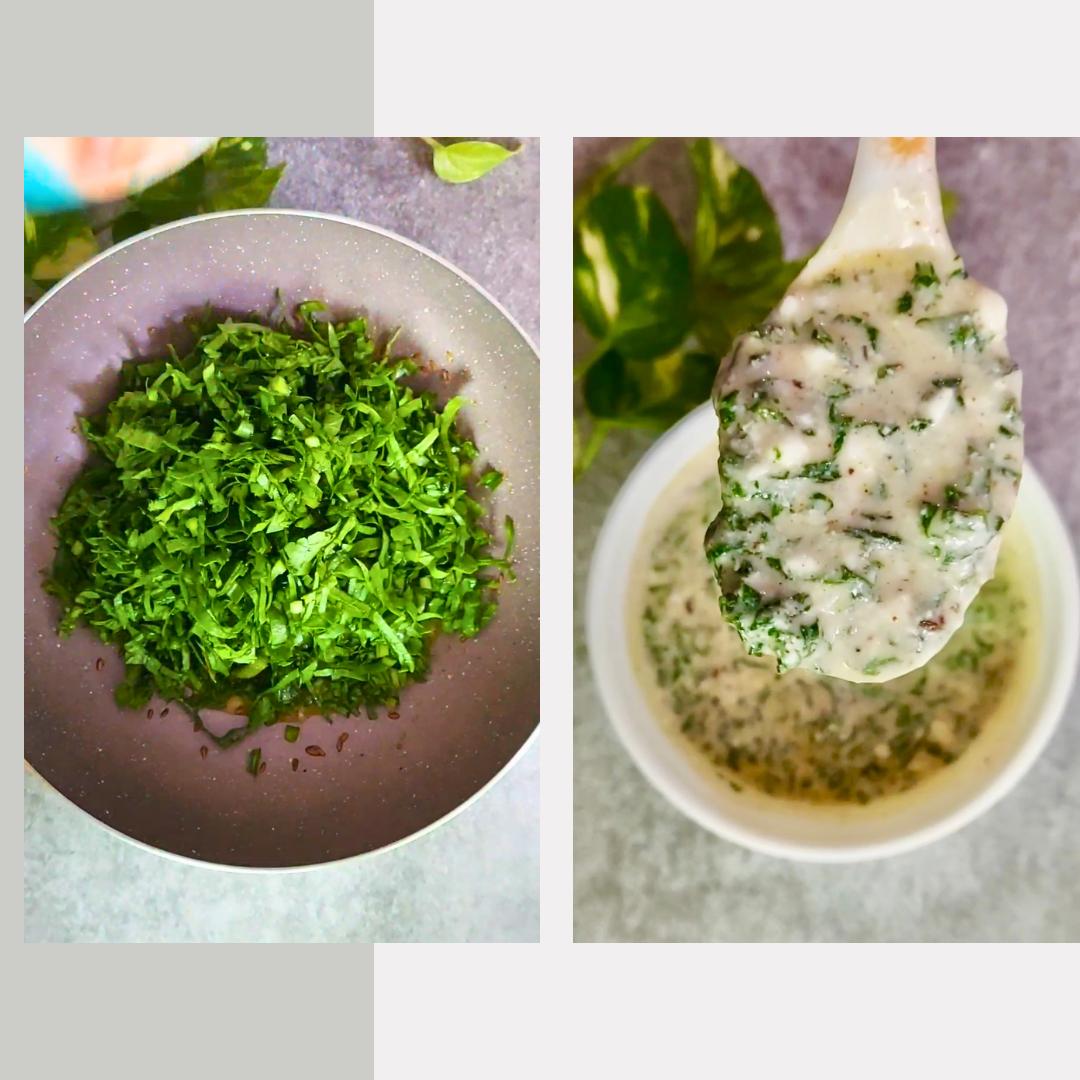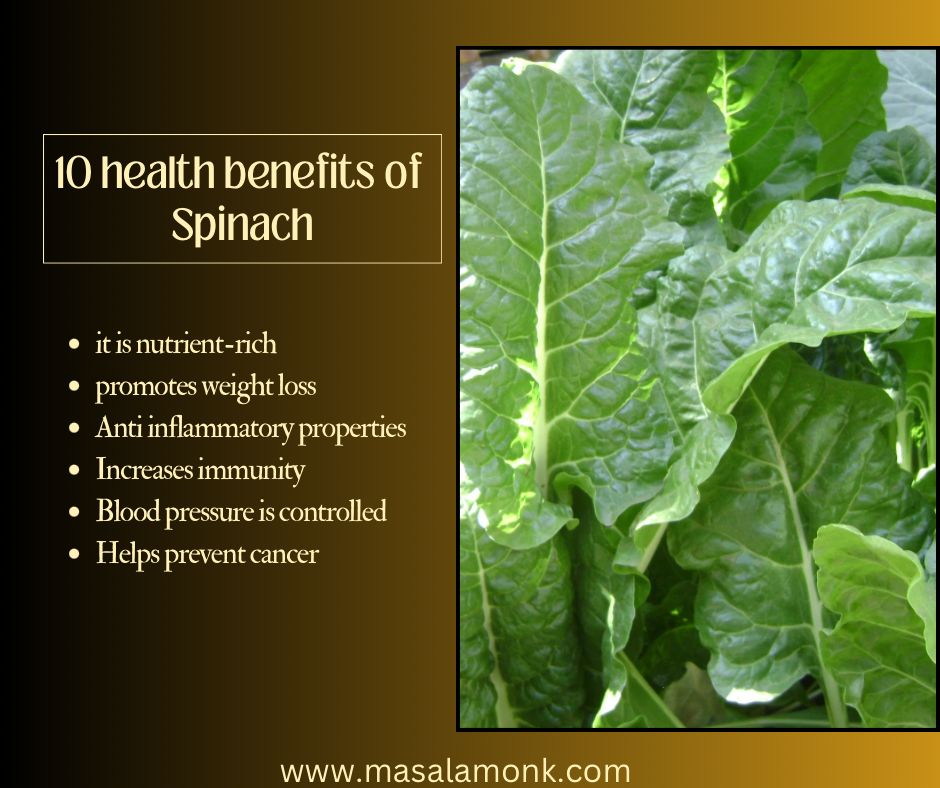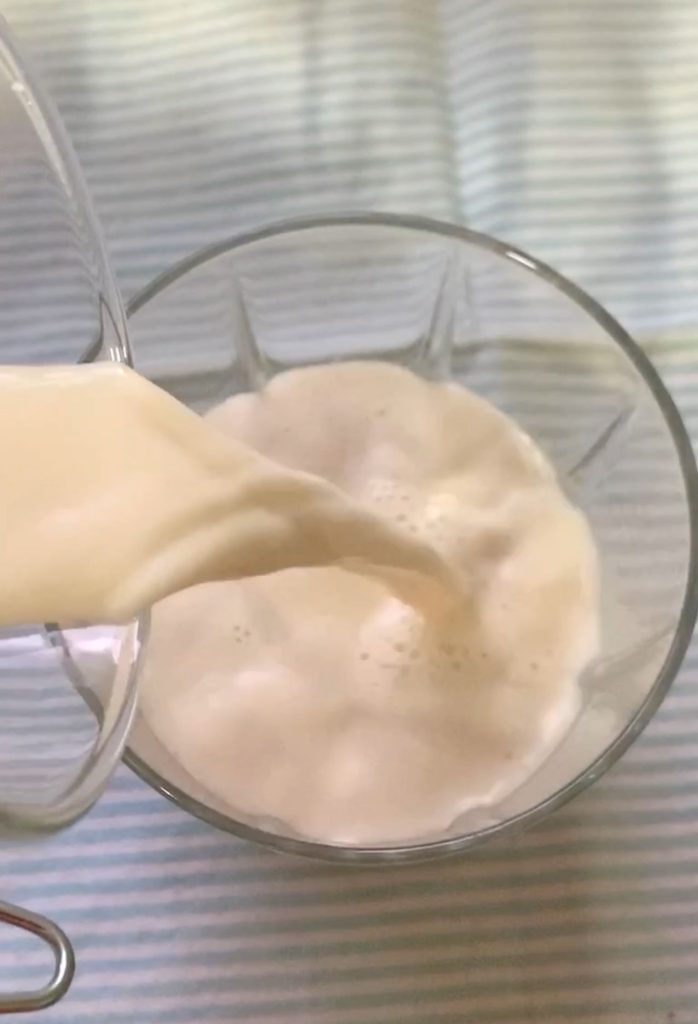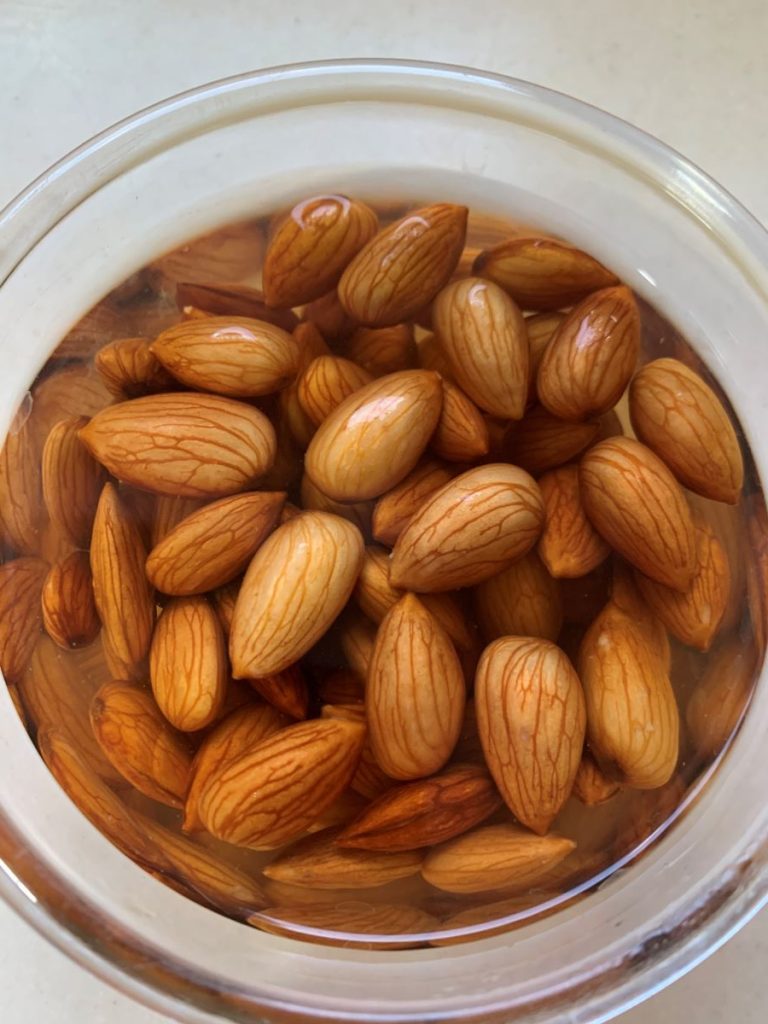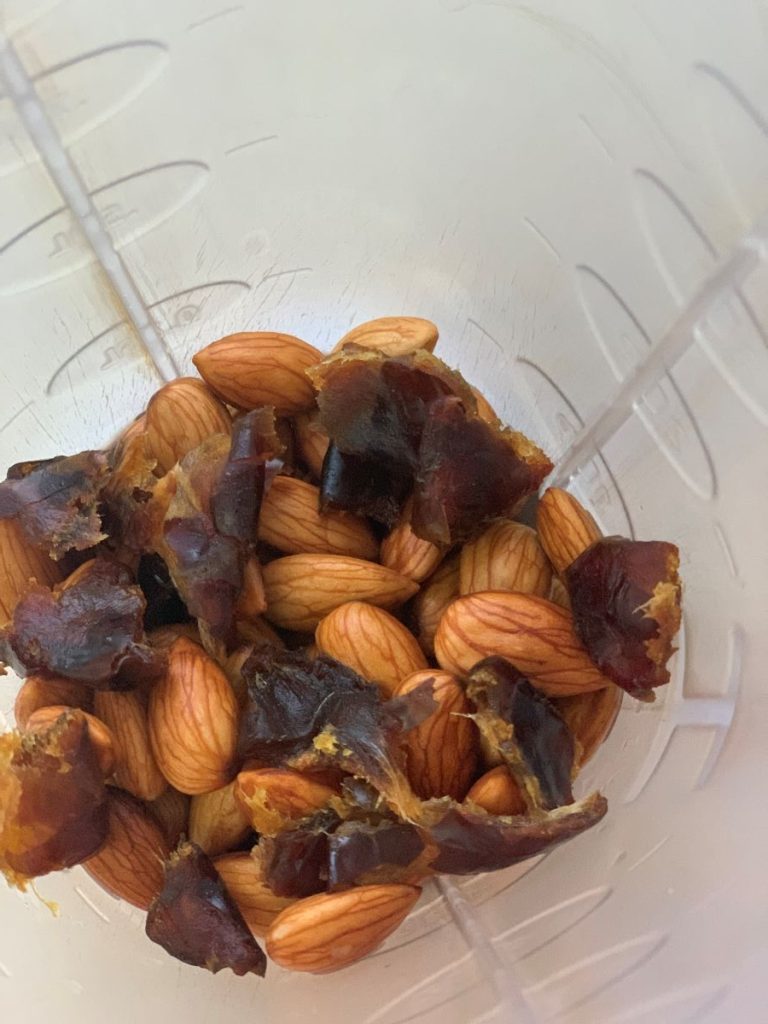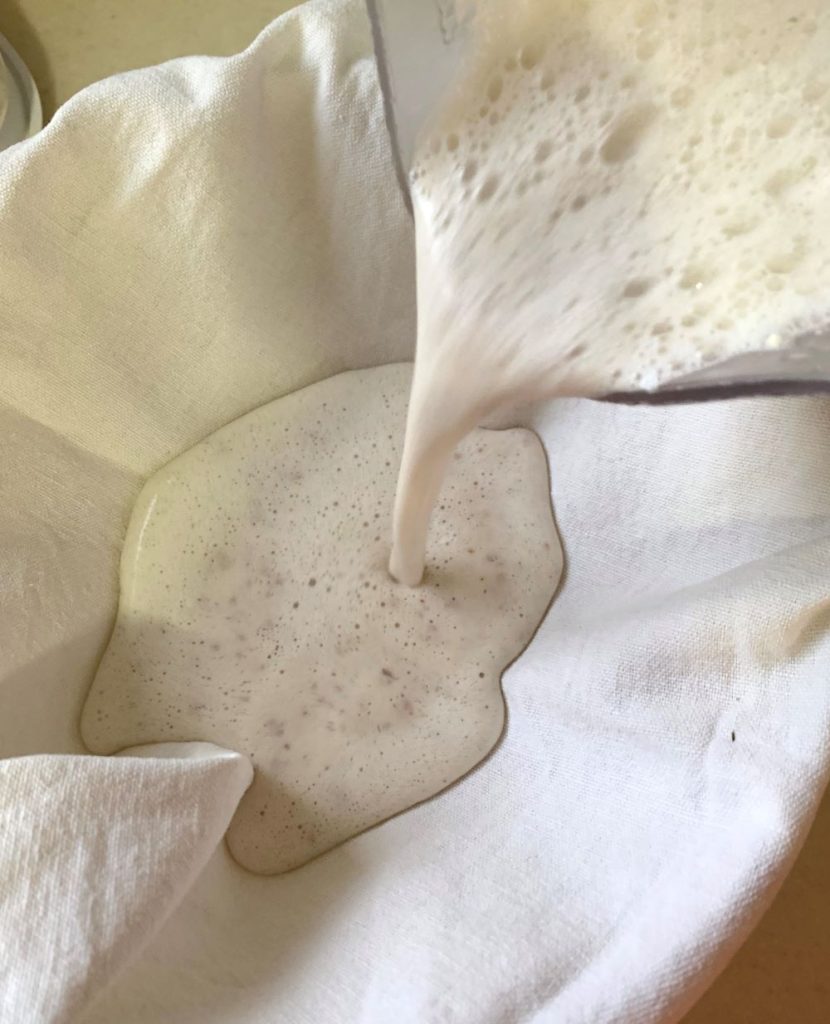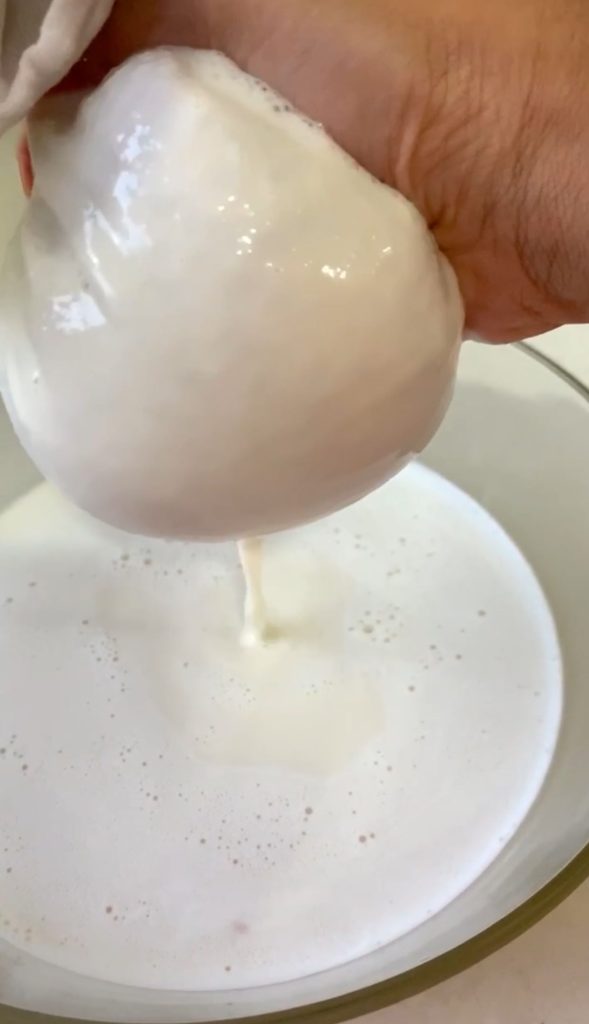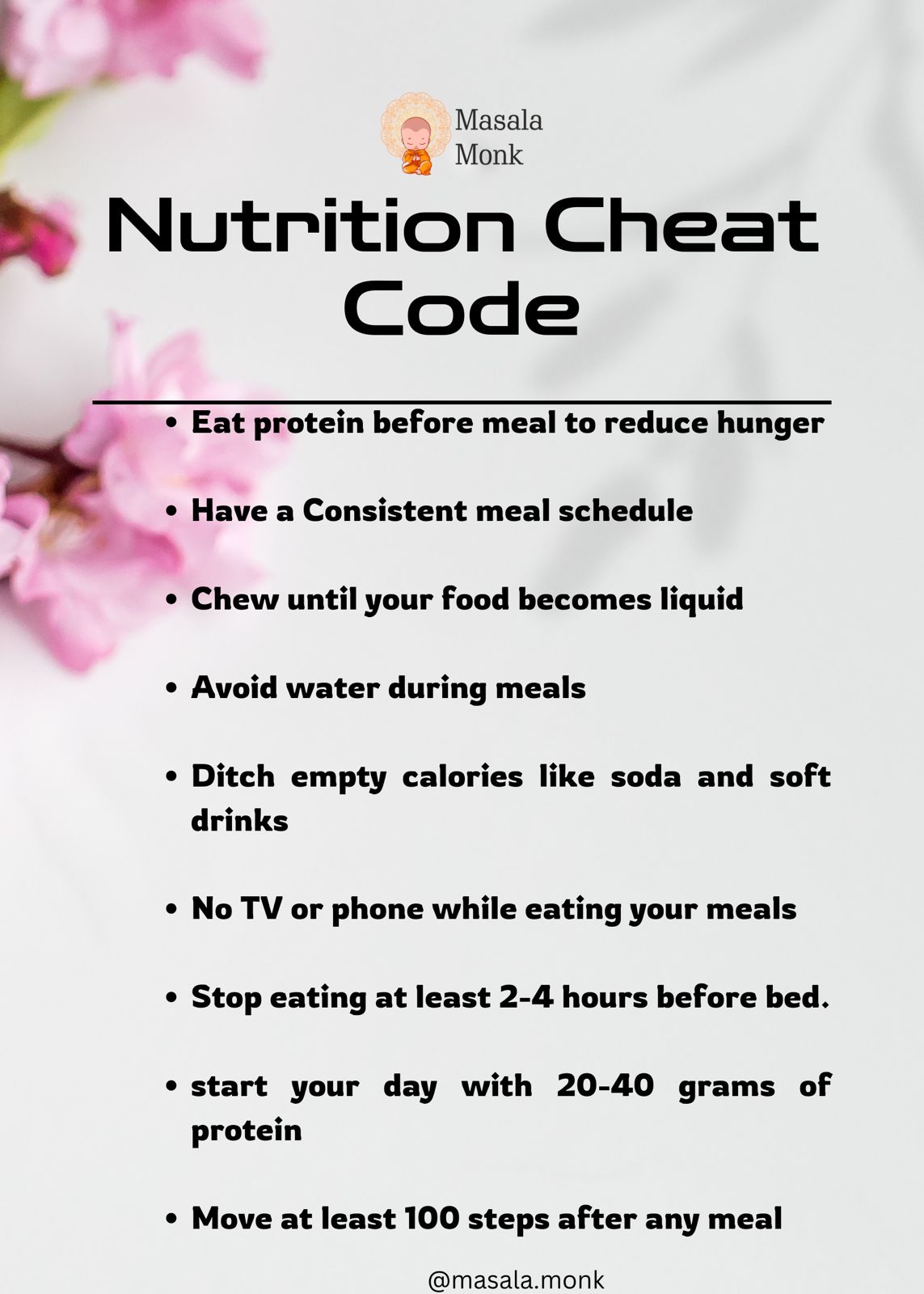
In the hustle and bustle of everyday life, maintaining a balanced diet and healthy lifestyle can seem daunting. However, with a few mindful adjustments, you can significantly improve your overall well-being. This “Nutrition Cheat Code” isn’t about strict dieting or complicated routines; it’s about incorporating simple yet effective habits into your daily life. Let’s dive deeper into each point and understand how these small changes can lead to big results.
- Eat Protein Before Meals to Reduce Hunger
Starting your meals with a protein source can help curb your appetite. Protein is known to increase feelings of fullness and reduce the hunger hormone ghrelin. By consuming protein first, you’re likely to eat less overall, helping in weight management and providing sustained energy throughout the day. Whether it’s a handful of nuts, a piece of cheese, or a boiled egg, make protein a priority.
- Maintain a Consistent Meal Schedule
Your body thrives on routine. Eating at regular intervals helps regulate your metabolism, prevents extreme hunger, and can lead to better digestion. Skipping meals or eating at irregular times can lead to overeating or making poor food choices. Establish a meal schedule that fits your lifestyle and stick to it as much as possible.
- Chew Until Your Food Becomes Liquid
Digestion begins in the mouth. Chewing your food thoroughly not only aids in better digestion but also allows you to savor your meal, making you more mindful of what and how much you’re eating. This practice can prevent overeating and improve nutrient absorption, as the enzymes in your saliva break down food more effectively when it’s well-chewed.
- Avoid Water During Meals
While staying hydrated is essential, drinking water during meals can dilute the digestive juices and enzymes needed to properly break down food. It’s best to drink water 30 minutes before or after meals to optimize digestion. If you feel the need to drink during a meal, take small sips rather than large gulps.
- Ditch Empty Calories Like Soda and Soft Drinks
Empty calories from sugary beverages provide little to no nutritional value and can lead to weight gain, insulin resistance, and other health issues. Instead of reaching for a soda, opt for water, herbal teas, or naturally flavored sparkling water. These alternatives not only quench your thirst but also contribute to better overall health.
- No TV or Phone While Eating Your Meals
Mindless eating often occurs when we’re distracted by screens. Watching TV or scrolling through your phone while eating can lead to overeating because you’re not paying attention to your body’s hunger and fullness cues. Make it a habit to eat without distractions, and you’ll find yourself enjoying your food more and eating less.
- Stop Eating at Least 2-4 Hours Before Bed
Eating late at night can interfere with your sleep quality and digestion. Your body needs time to digest food before it can fully rest. By stopping eating a few hours before bed, you give your body a chance to digest the food properly, leading to better sleep and overall health.
- Start Your Day with 20-40 Grams of Protein
Breakfast is the most important meal of the day, and starting it with a protein-rich meal can set the tone for your entire day. Protein helps stabilize blood sugar levels, reduces cravings, and keeps you full until your next meal. Whether it’s eggs, you can check 10 different kind of eggs recipe here , Greek yogurt, or a protein smoothie, ensure your breakfast is packed with protein.
- Move at Least 100 Steps After Any Meal
A short walk after eating can do wonders for your digestion and blood sugar levels. Moving just 100 steps after a meal can help improve circulation, aid digestion, and prevent blood sugar spikes. It’s a simple and easy way to incorporate more activity into your day and promote overall health.
Conclusion
Incorporating these cheat codes into your daily routine can lead to significant improvements in your health and well-being. Remember, it’s not about making drastic changes but about consistently applying small, manageable habits that can have a lasting impact. Start with one or two of these tips and gradually incorporate more as you go. Your body will thank you. We would love to know more cheat codes do share in the comment box!

